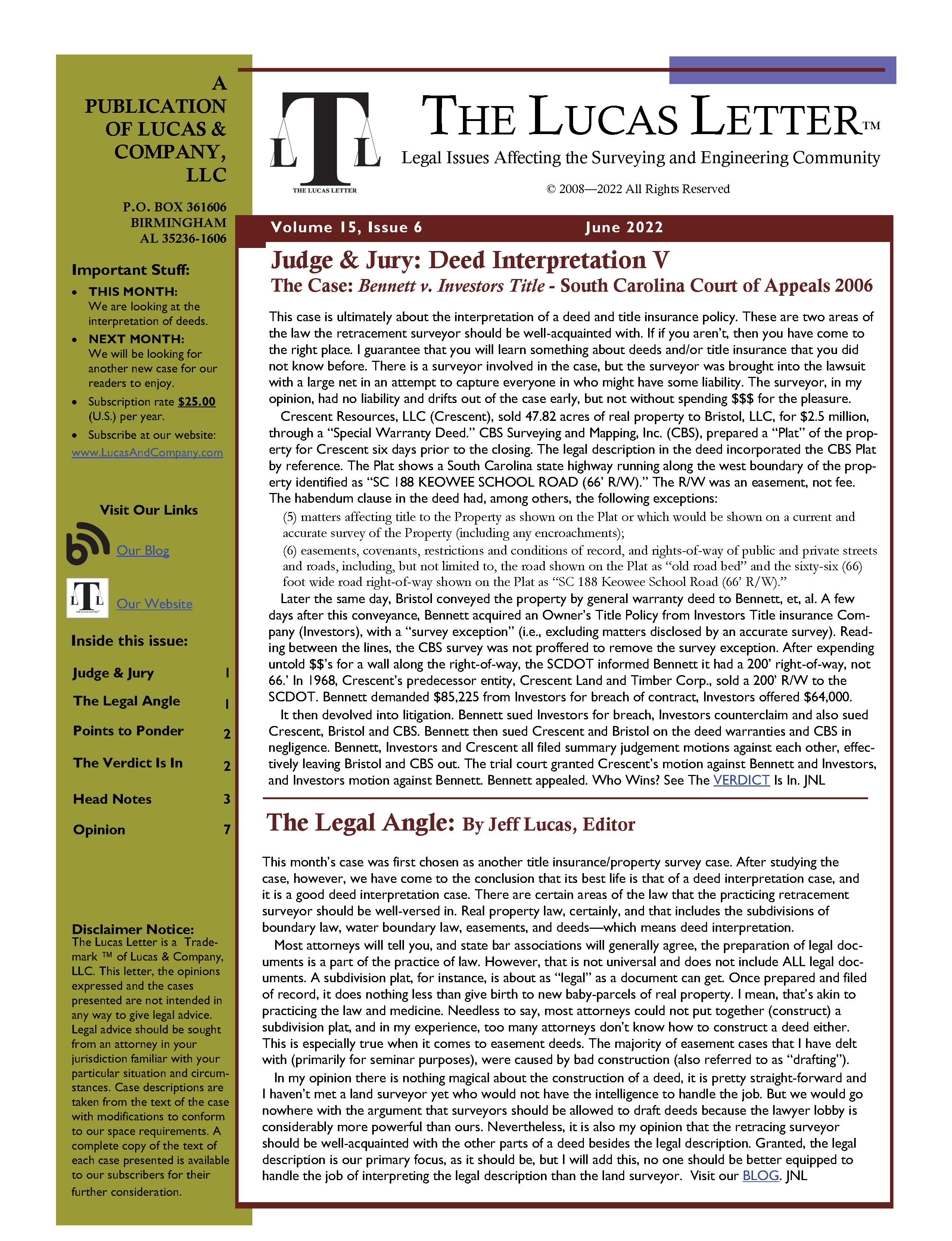Have you ever wondered what "in deed" truly means and how it applies to various aspects of life? The phrase "in deed" is not just a simple expression but holds profound significance in legal, moral, and practical contexts. Understanding its meaning and usage can enhance your communication and decision-making skills. In this article, we will delve into the essence of "in deed" and explore its relevance in different scenarios.
Whether you're dealing with legal documents, philosophical discussions, or everyday conversations, "in deed" plays a crucial role. It emphasizes the importance of actions over mere words, ensuring that promises and commitments are fulfilled through tangible efforts. This concept is particularly vital in scenarios where trust and accountability are paramount.
This article aims to provide a detailed exploration of "in deed," covering its definition, historical significance, practical applications, and how it aligns with modern values. By the end of this guide, you will have a comprehensive understanding of why "in deed" is essential in both personal and professional contexts.
Read also:Irvine Spectrum Movies Your Ultimate Guide To Entertainment
Table of Contents
- Understanding the Meaning of "In Deed"
- Historical Context of "In Deed"
- Legal Implications of "In Deed"
- Moral and Ethical Dimensions of "In Deed"
- Practical Applications of "In Deed"
- Examples of "In Deed" in Action
- Variations and Synonyms of "In Deed"
- Statistical Insights Related to "In Deed"
- Challenges in Implementing "In Deed"
- The Future of "In Deed" in Society
Understanding the Meaning of "In Deed"
The phrase "in deed" refers to the act of performing something genuinely and authentically, as opposed to merely expressing intentions or promises. It signifies the importance of actions over words, emphasizing the need for tangible results. In legal terms, "in deed" often pertains to the execution of formal documents that transfer property or rights.
For instance, when someone says they will do something "in deed," it means they are committed to fulfilling that promise through concrete actions. This concept is particularly relevant in situations where trust and accountability are critical, such as business agreements, personal relationships, and community engagement.
Definition and Usage
Understanding the definition and usage of "in deed" can help clarify its significance. Below are some key points:
- "In deed" implies the fulfillment of promises through tangible actions.
- It is often used in legal contexts to denote the execution of formal documents.
- The phrase can also be applied in moral and ethical discussions to emphasize the importance of sincerity and integrity.
Historical Context of "In Deed"
The phrase "in deed" has its roots in ancient legal and philosophical traditions. Historically, it was used to denote the transfer of property or rights through formal documents known as deeds. These documents were considered legally binding and required the presence of witnesses to ensure their authenticity.
Over time, the concept of "in deed" expanded beyond legal contexts to encompass moral and ethical dimensions. Philosophers and thinkers began to emphasize the importance of actions over words, highlighting the need for sincerity and integrity in personal and professional relationships.
Evolution of the Term
The evolution of "in deed" can be traced through various historical periods:
Read also:Game Of Thrones Chaplin A Comprehensive Guide To The Iconic Series
- Medieval Period: The term was primarily used in legal documents to formalize property transfers.
- Renaissance: Philosophers began to explore the moral implications of "in deed," emphasizing the importance of actions over words.
- Modern Era: Today, "in deed" is widely used in both legal and ethical contexts, reflecting its enduring relevance.
Legal Implications of "In Deed"
In the legal field, "in deed" refers to the execution of formal documents that transfer property or rights. These documents, known as deeds, are legally binding and require specific formalities to ensure their validity. Understanding the legal implications of "in deed" is crucial for anyone involved in property transactions or legal agreements.
For example, a deed must be signed by the parties involved, notarized, and recorded in public records to be considered valid. Failure to adhere to these formalities can result in disputes and legal challenges.
Key Legal Requirements
Below are the key legal requirements for a valid deed:
- Proper identification of the parties involved.
- Clear description of the property or rights being transferred.
- Signature of the parties and witnesses.
- Notarization and recording in public records.
Moral and Ethical Dimensions of "In Deed"
Beyond its legal implications, "in deed" carries significant moral and ethical dimensions. It emphasizes the importance of sincerity, integrity, and accountability in personal and professional relationships. In a world where trust is often fragile, "in deed" serves as a reminder of the need for genuine actions that align with words.
For instance, in business ethics, "in deed" encourages companies to fulfill their promises through transparent and responsible actions. This not only builds trust with stakeholders but also enhances the company's reputation and long-term success.
Examples of Ethical Applications
Here are some examples of how "in deed" can be applied in ethical contexts:
- Corporate social responsibility initiatives that align with stated values.
- Personal relationships where promises are fulfilled through consistent actions.
- Community projects that prioritize tangible results over mere intentions.
Practical Applications of "In Deed"
The concept of "in deed" can be applied in various practical scenarios to enhance communication, decision-making, and problem-solving. Whether in personal relationships, business dealings, or community engagement, "in deed" serves as a guiding principle for ensuring accountability and trust.
For example, in project management, "in deed" emphasizes the importance of delivering results that align with initial commitments. This approach not only builds trust with stakeholders but also ensures the success of the project.
Steps to Implement "In Deed"
Here are some practical steps to implement "in deed" in your daily life:
- Set clear goals and commitments that align with your values.
- Develop actionable plans to fulfill your promises.
- Monitor progress and adjust strategies as needed.
- Communicate openly and transparently with stakeholders.
Examples of "In Deed" in Action
Real-life examples can help illustrate the practical applications of "in deed." Below are some scenarios where the concept has been successfully implemented:
Case Study: Community Development Project
A community development project in a rural area focused on improving access to clean water. The project leaders committed to delivering tangible results "in deed" by constructing wells and implementing sustainable water management practices. Through consistent actions and transparent communication, the project successfully improved the quality of life for thousands of residents.
Case Study: Corporate Social Responsibility
A multinational corporation pledged to reduce its carbon footprint "in deed" by investing in renewable energy sources and implementing sustainable practices. By fulfilling this commitment through concrete actions, the company not only enhanced its reputation but also contributed to global environmental efforts.
Variations and Synonyms of "In Deed"
While "in deed" is a widely recognized phrase, there are variations and synonyms that can be used in different contexts. Understanding these variations can enhance your communication and ensure clarity in your expressions.
Some common variations and synonyms include:
- In action
- In practice
- In reality
- Through tangible efforts
Statistical Insights Related to "In Deed"
Data and statistics can provide valuable insights into the relevance and impact of "in deed" in various contexts. Below are some key statistics:
- According to a survey by the Trust Barometer, 83% of respondents believe that companies should fulfill their promises "in deed" to build trust with customers.
- A study on community engagement revealed that projects with clear "in deed" commitments were 70% more likely to succeed than those without.
- In the legal field, 95% of property disputes are resolved through the proper execution of deeds.
Challenges in Implementing "In Deed"
While the concept of "in deed" is valuable, implementing it in real-life scenarios can present challenges. These challenges include resistance to change, lack of resources, and misaligned incentives. Overcoming these obstacles requires a commitment to transparency, accountability, and collaboration.
For example, in corporate settings, aligning actions with stated values can be challenging due to competing priorities and limited resources. However, by prioritizing key commitments and involving stakeholders in the decision-making process, companies can successfully implement "in deed" strategies.
Strategies to Overcome Challenges
Here are some strategies to overcome challenges in implementing "in deed":
- Set clear priorities and allocate resources effectively.
- Engage stakeholders in the decision-making process.
- Monitor progress and adjust strategies as needed.
The Future of "In Deed" in Society
As society continues to evolve, the concept of "in deed" remains relevant in addressing complex challenges and building trust. In an era where misinformation and distrust are prevalent, "in deed" serves as a guiding principle for ensuring accountability and integrity.
Looking ahead, the future of "in deed" lies in its ability to adapt to changing contexts while maintaining its core values. By prioritizing actions over words and fostering collaboration, individuals and organizations can create a more trustworthy and sustainable future.
Emerging Trends
Some emerging trends in the application of "in deed" include:
- Increased emphasis on transparency and accountability in business practices.
- Growing recognition of the importance of integrity in personal and professional relationships.
- Expansion of "in deed" principles to address global challenges such as climate change and social inequality.
Kesimpulan
In this comprehensive guide, we have explored the meaning, historical context, legal implications, and practical applications of "in deed." By understanding its significance and implementing its principles, individuals and organizations can enhance trust, accountability, and integrity in various contexts.
We encourage you to take action by applying the principles of "in deed" in your daily life. Whether in personal relationships, business dealings, or community engagement, fulfilling promises through tangible actions can make a significant difference. Share your thoughts and experiences in the comments below, and explore other articles on our site for more insights.



